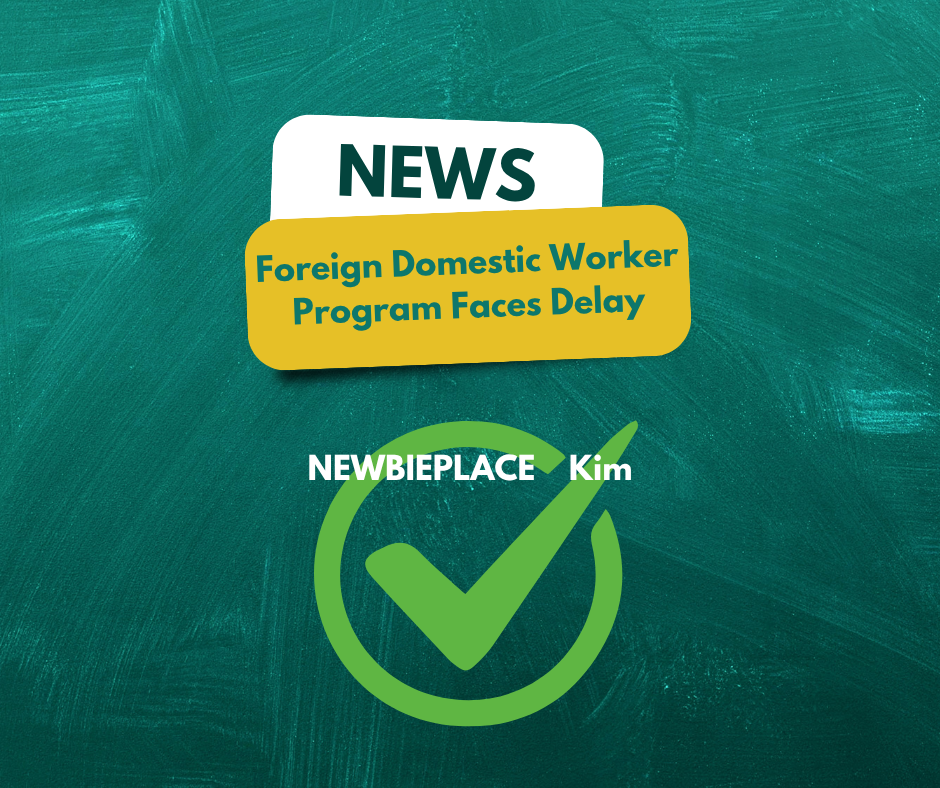Foreign Domestic Worker Program Faces Setbacks in May
Service Fees Climb to 3 Million KRW per Month
The pilot program introducing foreign domestic workers, launched by the Seoul Metropolitan Government and the Ministry of Employment and Labor to help address South Korea’s low birthrate, has undergone several changes since March. However, in May, the government acknowledged that transitioning to a full-scale national rollout would be difficult in the current environment.
Initially launched in September 2024 as a six-month trial in Seoul, the program was originally scheduled to conclude at the end of February 2025 and expand nationwide starting in March. Due to delays in coordination among relevant ministries, the full-scale implementation was postponed, and the pilot was extended by an additional year.
Significant changes began in March. Most notably, service fees increased by 20%, raising the monthly cost for some households to as much as 3 million KRW. This fee hike occurred after private service operators began covering operational and administrative costs previously subsidized by the Seoul Metropolitan Government.
As a result, the service has increasingly become concentrated in Seoul’s more affluent areas. During the initial phase of the pilot, 33.8% of participating households were located in the three high-income Gangnam districts (Gangnam, Seocho, and Songpa), and this trend has grown more pronounced with the recent cost increases.
Beginning in June, another change will be implemented: foreign domestic workers will no longer be required to live in shared housing near Yeoksam-dong. Instead, they will be able to secure and live in private accommodations of their own choosing, a shift intended to improve their quality of life and housing autonomy.
Currently, 98 Filipino domestic workers are employed under the program in Seoul. Excluding four workers returning to the Philippines, 94 will continue working throughout the extended pilot period. Employment conditions such as a guaranteed minimum of 30 working hours per week and compliance with minimum wage laws remain unchanged.
User feedback has been largely positive. More than 84% of participating households reported satisfaction with the service, and interest continues to grow through ongoing inquiries and applications.
However, the rising financial burden on users and the structural complexity of the program are making it difficult to push forward with national expansion.
In May, the Ministry of Employment and Labor stated, “At this point, it is difficult to proceed with full-scale implementation,” emphasizing that broad social dialogue and public consensus are needed before the program can be expanded nationwide in a sustainable and equitable way.
